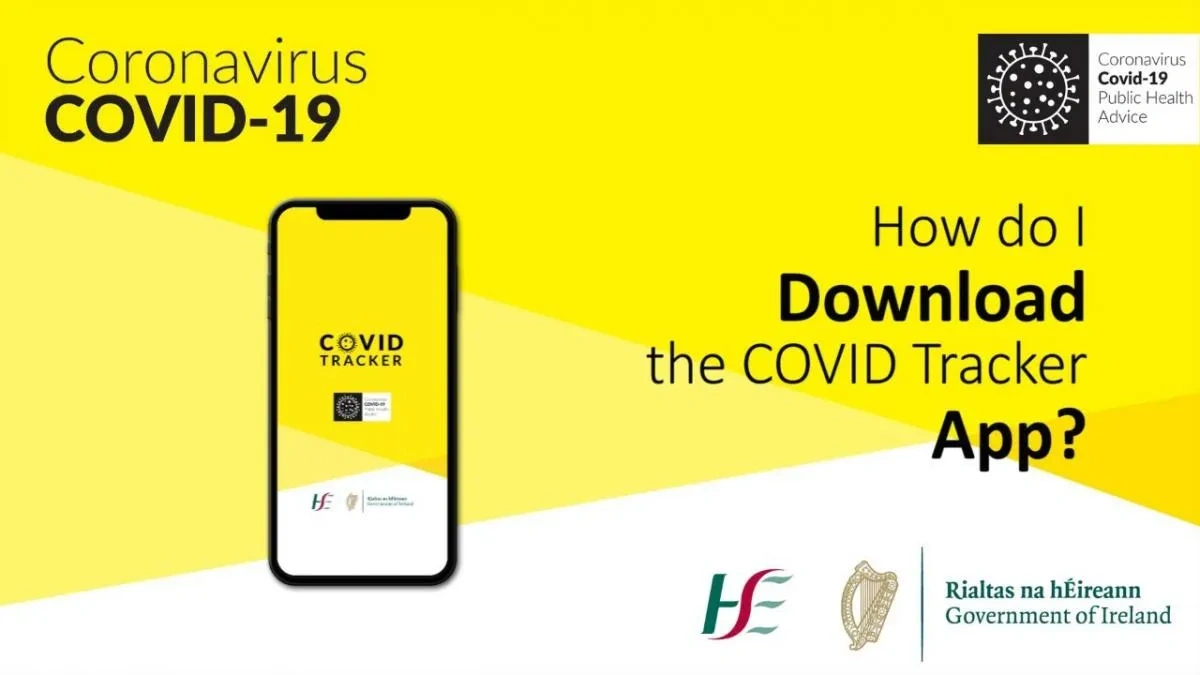

Huge increase in those willing to share their personal data to combat COVID-19
Study shows an increase of 47% in those willing to share their personal data
The study, Irish attitudes to privacy in COVID-19 times, found that there has been a huge increase in respondents, from 14% pre-pandemic to 61%, willing to share personal data including location, contacts and medical data.
The research is part of the PRIVATT - Assessing Irish attitudes to privacy in times of COVID-19 project led by DCU and hosted by the ADAPT and LERO research centres, funded by Science Foundation Ireland (SFI).
Survey results
The survey, which saw more than 1,000 responses from people across Ireland, showed that the people are aware and protective of their privacy, but there has been a change in attitude during the pandemic. Respondents showed an increased willingness to share their personal data in the interest of saving lives.
The project assessed the Irish public’s attitudes to privacy, specifically with respect to technological surveillance, and changes due to the challenges of controlling COVID-19.
The survey results indicate a shift in privacy concerns and behaviours during the pandemic with 47% of participants changing their attitude to data sharing from Disagree or Neutral to Agree to share.
However there remain concerns about what happens to data after the HSE app is uninstalled and the involvement of commercial actors. The socio-legal analysis highlights that despite the strong EU position on data protection and privacy, even during the pandemic, the public does not see this as the legal reality.
Lead Principal Investigator Dr. Irina Tal said
“The results of our survey indicate that the people are using the app out of a community sense, for the greater good. Many noted the HSE’s efforts around transparency of data processing and publishing the data protection impact assessment of the app.
However, at least some of the respondents feel that they are sacrificing their privacy and they need to know that this sacrifice is worthwhile. Hence, they’d like more data showing the effectiveness of the application. Publishing this data, showing more app success stories would reinforce the trust in the app and its adoption.”
Ongoing privacy concerns
Despite the headline results, 13% of respondents remain extremely concerned and 41% moderately concerned about how their data will be used. The major concern is related to privacy, followed by lack of trust in the government and institutions managing the data. Of the institutions listed, people trusted the HSE the most and the private players involved the least.
62% of participants declared that they have used or are currently using the COVID Tracker app.
Approximately 30% of the respondents stated that they are "worried that the app will be used as a tool of surveillance beyond the scope of COVID-19". They are also "worried about the implications this app will have on [their] privacy and data protection". Moreover, 42% of the respondents that used or are using the app are concerned about what happens with their information once they stopped using the app.
The authors of this study have also written about its results for RTÉ Brainstorm
More details on the survey launch and researchers involved are available here
